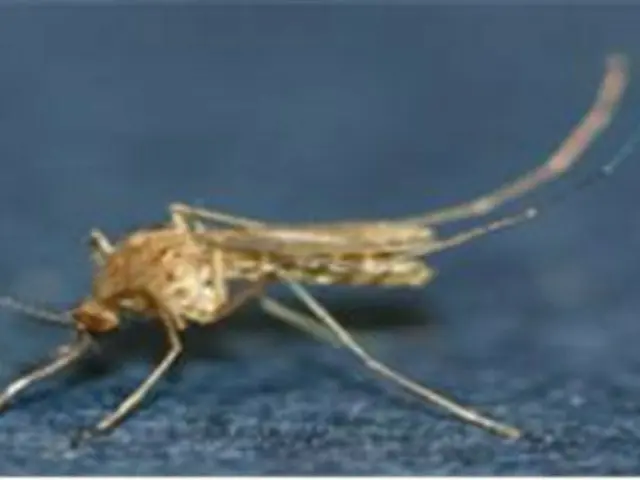This year, Culex tritaeniorhynchus was first confirmed in Incheon City during the third week of July (July 15th to July 21st), about two weeks earlier than last year's first week of August (July 31st to August 6th).
When the collected mosquitoes were investigated for the presence of pathogens, no Japanese encephalitis virus was detected, confirming that there is no risk of infectious disease transmission.
Prior to this, the Korea Centers for Disease Control and Prevention announced that it had started the quarantine of small red flu in South Jeolla Province and Jeju Special Self-Governing Province.
As the Eka virus was first identified, a Japanese encephalitis warning was issued at the end of March, and on the 25th, a Japanese encephalitis alert was issued nationwide after mosquitoes exceeding the warning threshold were collected in the areas of Gyeongsangnam-do and Jeollanam-do.
According to the Korea Centers for Disease Control and Prevention's infectious disease website, there were 23 cases of Japanese encephalitis in South Korea in 2021, 11 in 2022, and 17 in 2023, with around 20 cases occurring each year.
Incheon City confirmed one case of Japanese encephalitis last year, but no cases have been reported so far this year. In most cases, the first cases of Japanese encephalitis are reported in August or September, and the number of cases continues to increase by November.
When infected with the virus, mild symptoms such as fever and headache appear, but in rare cases, if it progresses to encephalitis, symptoms such as high fever, seizures, confusion, convulsions, and paralysis appear.
Incheon City's Health and Environment Research Institute is conducting a mosquito density survey to monitor the mosquito population density in the Incheon area, including mosquitoes that transmit Japanese encephalitis, and a real-time mosquito population monitoring program.
The company operates a monitoring system for mosquitoes entering from overseas, mainly around airports, and is carrying out a project to monitor mosquitoes entering from overseas around airports.
Kwon Mun-joo, director of the Incheon City Health and Environment Research Institute, said, "Every year, the number of mosquitoes in the area increases.
The ministry is also conducting surveillance of mosquito-borne diseases such as Japanese encephalitis and malaria, and is continuously monitoring vector-borne diseases such as Japanese encephalitis and malaria. However, the most important thing to do to prevent mosquito-borne diseases is to avoid being bitten by mosquitoes, and it is important to continue to follow the prevention rules.
I will emphasize this again and again."
2024/07/26 20:57 KST
Copyrights(C) Herald wowkorea.jp 83

